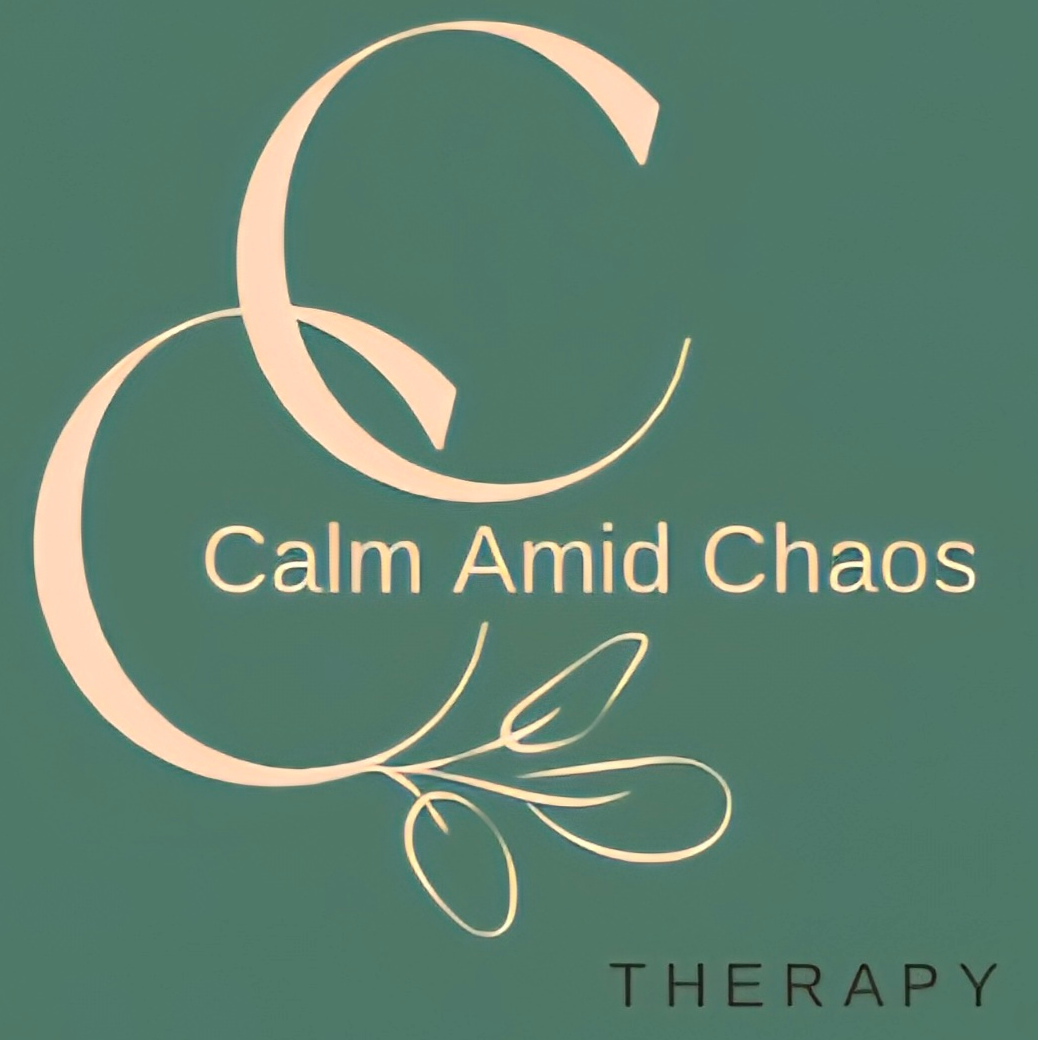Why I’m Going to Need You to Not Trust Your Gut When Treating OCD
Yep, that’s right. I’m going to need you not to trust your gut.
And I know that probably sounds like the worst advice ever.
Especially if you’re used to hearing things like:
“Go with your gut.”
“If it feels wrong, it probably is.”
“Just trust yourself. You’ll know what to do.”
But if you’re living with OCD, your gut has probably been acting as a red herring for years…….
Here’s why that’s a problem.
When You Live With OCD, Your Gut Is Always Going Off
(……….like a smoke alarm going off when you boil the kettle)
It tells you that something’s wrong even when it’s not.
It floods you with panic the second a thought feels strange or uncomfortable.
It convinces you into checking, researching, confessing, ruminating, avoiding.
You feel like you’re doing the responsible thing by listening to it.
But what’s actually happening is this: you’re responding to discomfort, not danger.
And that’s a HUGE win for the OCD.
That Feeling of “Something’s Off”? OCD’s Favourite Trick
You’ll know that dread, sick feeling in your stomach that you interpret as –
“What if this means something?”
“What if I never get to the bottom of it?”
“What if I regret this forever?”
That’s not wisdom. That’s OCD trying to drag you back into a loop.
It tells you that if you just figure it out, you’ll feel better.
And maybe you do, briefly.
But then the next thought comes. And the next.
And suddenly you’re back to square one, exhausted and doubting yourself all over again.
Getting Better Often Means Doing What Feels Wrong
Here’s where recovery can feel completely counterintuitive.
You get a scary thought, and everything in your body screams at you to fix it.
But instead of fixing, you pause.
Instead of answering the thought, you let it be.
Instead of waiting for things to feel right, you choose to move forward anyway.
And yes, that feels wrong. At first, it feels completely irresponsible.
But it’s not. It’s the exact kind of healthy, uncomfortable step that rewires the OCD cycle.
So If You Can’t Trust Your Gut, What Can You Trust?
You can trust your values.
You can trust your long-term goals over your short-term feelings.
You can trust that uncertainty is not the enemy.
You can trust that this thought doesn’t need to be resolved right now, or maybe ever.
Just because a thought lands in your head doesn’t mean it needs your full attention.
Just because something feels urgent doesn’t mean it is.
Final Thoughts
If part of you is thinking
“But what if this one is different?”
or
“Isn’t ignoring a thought dangerous?”
That’s OCD too. Always trying to sneak in the back door.
Learning not to trust your gut when it’s been hijacked by OCD isn’t easy.
But it’s possible. And it’s one of the biggest turning points in recovery.
If this is something you’re struggling with, you don’t have to figure it out alone.
This is exactly the work I do with the people I support in therapy.
We work together on untangling thought from fact, urgency from importance, and fear from truth.
If this post resonated with you, feel free to share it with someone else who needs to hear it too.
Jess X
